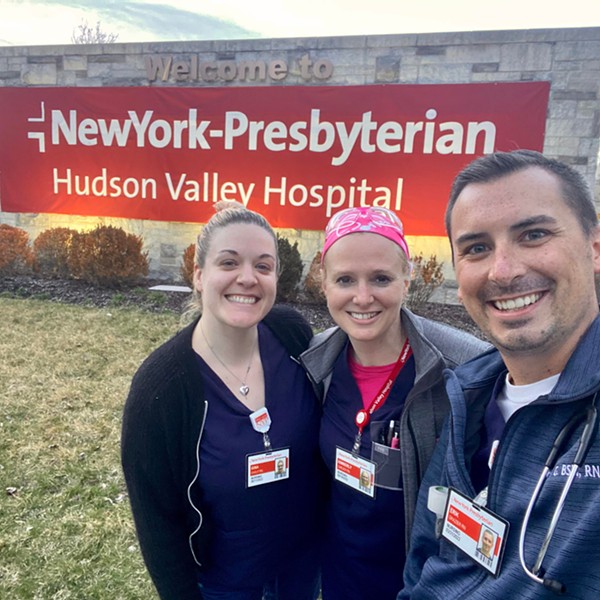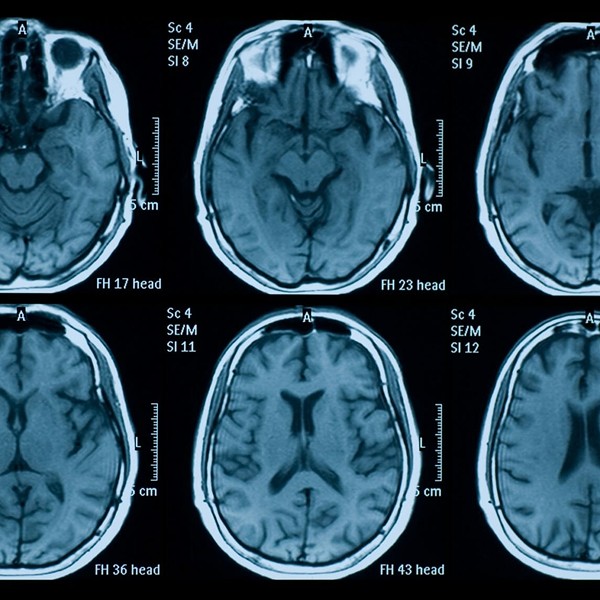In an April 16 interview with New York City billionaire and budding media mogul John Catsimatidis, Governor Kathy Hochul affirmed that she would not “shut down” the state to deal with the spike in COVID-19 cases caused by the BA.2 variant. Not that anyone expected her to. No, at this point, New York—and apparently the rest of the country—is functionally done with COVID mitigation.
Of course, this virus isn’t done with us. No matter how many wartime metaphors are thrown at it, a substantial chunk of the population seems unwilling to acknowledge a simple truth: a pandemic is not over until it’s over, and what “endemic” means is definitely up for debate.
Once again, the Northeast is leading a rise in US cases. In New York, the 7-day positivity rate as of April 21 is over 5 percent and climbing (in neighboring Vermont, the rate is double that.) A lack of testing may obscure the real amount of spread at present. But the difference this time—seemingly more than ever before, and particularly notable in the blue states—is the unwillingness to do pretty much anything about it.
In fact, unwillingness puts it charitably; it implies there is a choice to be had. Truthfully, Hochul’s comments were redundant precisely because the possibility of choice has been forfeited—maybe long ago, certainly after the first Omicron wave. We cannot wait any longer, we must get back to normal!
Vaccination, accordingly, has become the only mitigation method. While crucial in reducing severity of illness and likelihood of death, vaccines are only one method of mitigation—and a method with serious limitations. Vaccines fail in many cases to significantly protect the 3 percent of the population who are immunocompromised from so-called “mild” Omicron; it also does a dubious amount to reduce transmission.
Last winter, I spent a few months reporting in The River on the anti-vax group Do We Need This?, a Columbia County-based coalition opposed not only to vaccination, but to virtually all efforts at pandemic mitigation. What struck me in my communication with members of this group—more than their deeply unscientific approach to the coronavirus—was the devaluing of human life implicit in their approach to the pandemic. They would deny it, of course, but the enactment of their worldview in America in 2022 would produce a coldly libertarian reality in which lives are simply unprotected—even when we have the means—and we accept consigning weak, elderly, immunocompromised, and otherwise vulnerable people to serious illness and death. (It is the exact same belief, parroted in cruder and more aggressive form, by the MAGA movement and the far right—of which the “left-libertarian” anti-vaxxers are fast becoming a part.)
In New York, about 75 percent of the population is fully vaccinated—which is good, if likely not good enough. But to note this only obscures a darker sentiment that I cannot shake: the anti-vax argument has won the day. The COVID-skeptics’ view of the pandemic and its supposed mildness, their arguments about costs versus benefits, their fundamental privilege and unwillingness to care for others—this is the ethos that predominates.
This view isn’t exactly new. Even at the beginning of the crisis, the willingness of the privileged to abscond to areas like the Hudson Valley was plenty evident, while those sheltering in the city and suburbs cheered from their balconies as “essential workers” (who were functionally deemed expendable) were made to stay out and continue stocking shelves and delivering groceries.
But there was at least some sense of collective sacrifice and a perceived need to mitigate; now the willingness to accept total uncontained spread is as pervasive as it’s ever been. Liberal pundits like Leana Wen or David Leonhardt make careers insisting as much in the papers of record, laundering the guilt of those who have, in many cases, never been deeply threatened by this pandemic and now simply don’t want to be inconvenienced.
What could be done now? In theory, re-imposing indoor mask mandates (as Philadelphia has done), permanently expanded testing and tracing, full coverage for the poorly insured and uninsured for COVID testing and treatment—and if necessary, targeted closures or shutdowns—are all within the capacity of even a society as broken as this one. Above all, perhaps, should be clear messaging that the pandemic is not yet over.
But, as Hochul insisted, none of that’s going to be done. The state and country will ride through this wave, just like they did all the other ones, and many—certainly more than necessary—may die or become seriously ill, including with long COVID, because we have collectively agreed to do nothing.
The pandemic might have been an opportunity to have a discussion about priorities, particularly the chronic health inequalities evident in the state and country. Instead, the most terrible disparities of this society have been reaffirmed; a persistent selfishness and unwillingness to suffer the most mild inconveniences for the sake of protecting vulnerable neighbors has won the day; a grotesque American libertarianism is strengthened. And too many people are okay with it.
The River is a nonpartisan news organization, and the opinion of columnists and editorial writers do not necessarily reflect the opinions of the newsroom.


















